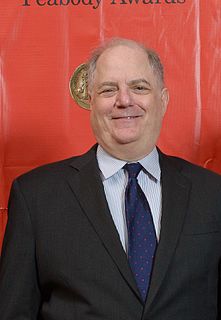A Quote by Robert Dallek
Political vitriol is a familiar enough characteristic of American history.
Quote Topics
Related Quotes
Adam Clayton Powell's entire political career has to be looked at in the entire context of the American history and the history of, and the position of the Afro- American or negro in American history. [He] has done a remarkable job in fighting for rights of black people in this country. On the other hand, he probably hasn't done as much as he could or as much as he should because he is the most independent negro politician in this country.
When I speak to students about the Civil Rights Movement, I say that it is impossible to stop a determined movement that is captivating the American consciousness. I think the candidacy of Sen. Obama represents the beginning of a new movement in American political history that began in the hearts and minds of the people of this nation. And I want to be on the side of the people, on the side of the spirit of history.
I think if you worked at the community level in Chicago and then a politician on the South Side of Chicago, and worked at the state level, then you're pretty familiar with all the variations of politics in the African American community and criticisms you may get. If you're not familiar with those or you don't have a thick enough skin to take it, then you probably wouldn't have gotten here.
The question of whether world peace will ever be possible can only be answered by someone familiar with world history. To be familiar with world history means, however, to know human beings as they have been and always will be. There is a vast difference, which most people will never comprehend, between viewing future history as it will be and viewing it as one might like it to be. Peace is a desire, war is a fact; and history has never paid heed to human desires and ideals.
Throughout American history, the political leaders have always exhorted the American people to be nice and quiet and leave things to them. But when very serious evils confronted the American people, they had to go beyond the Congressmen and Senators, and they had to commit civil disobedience and they had even to break the law.






































